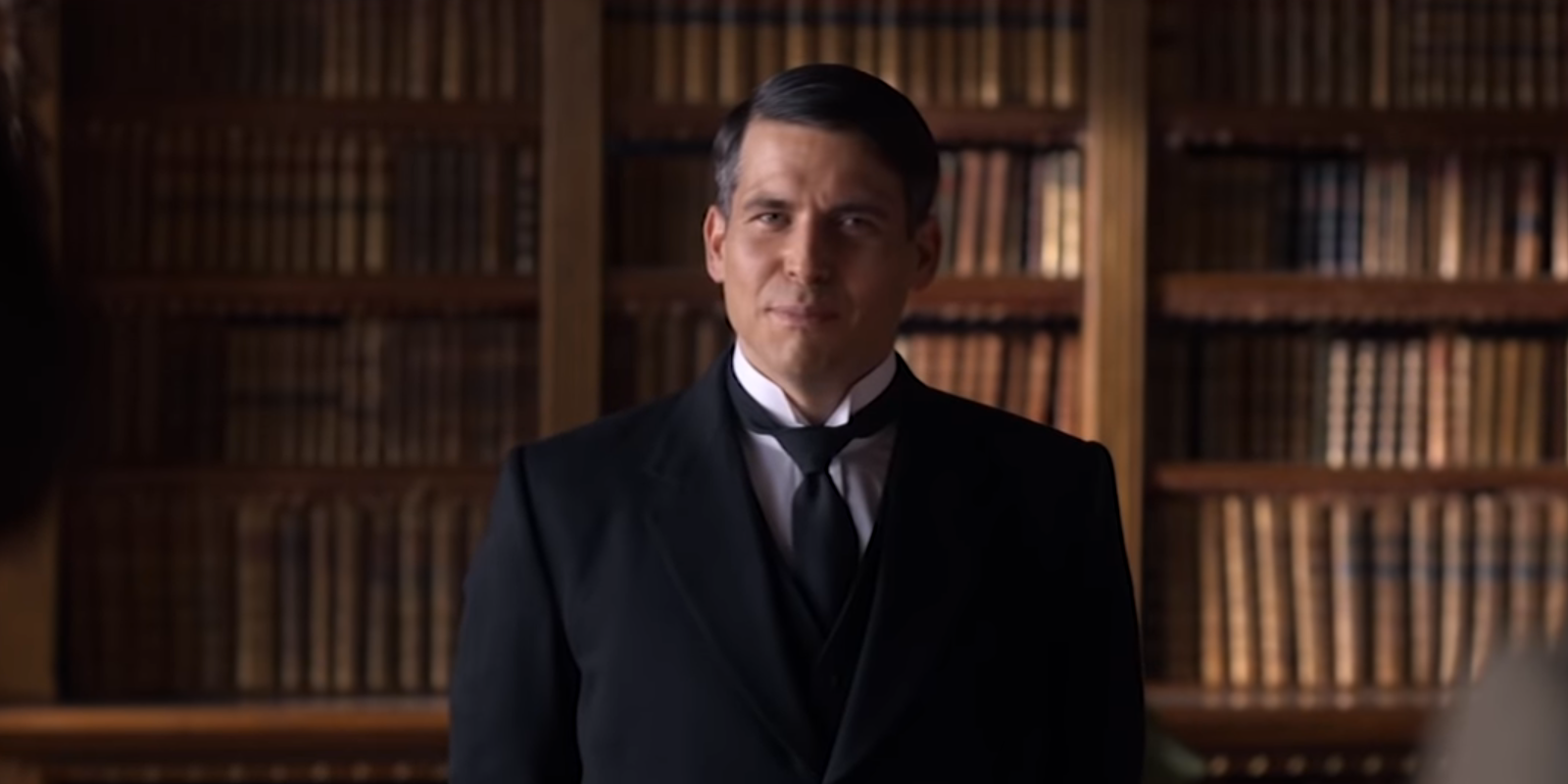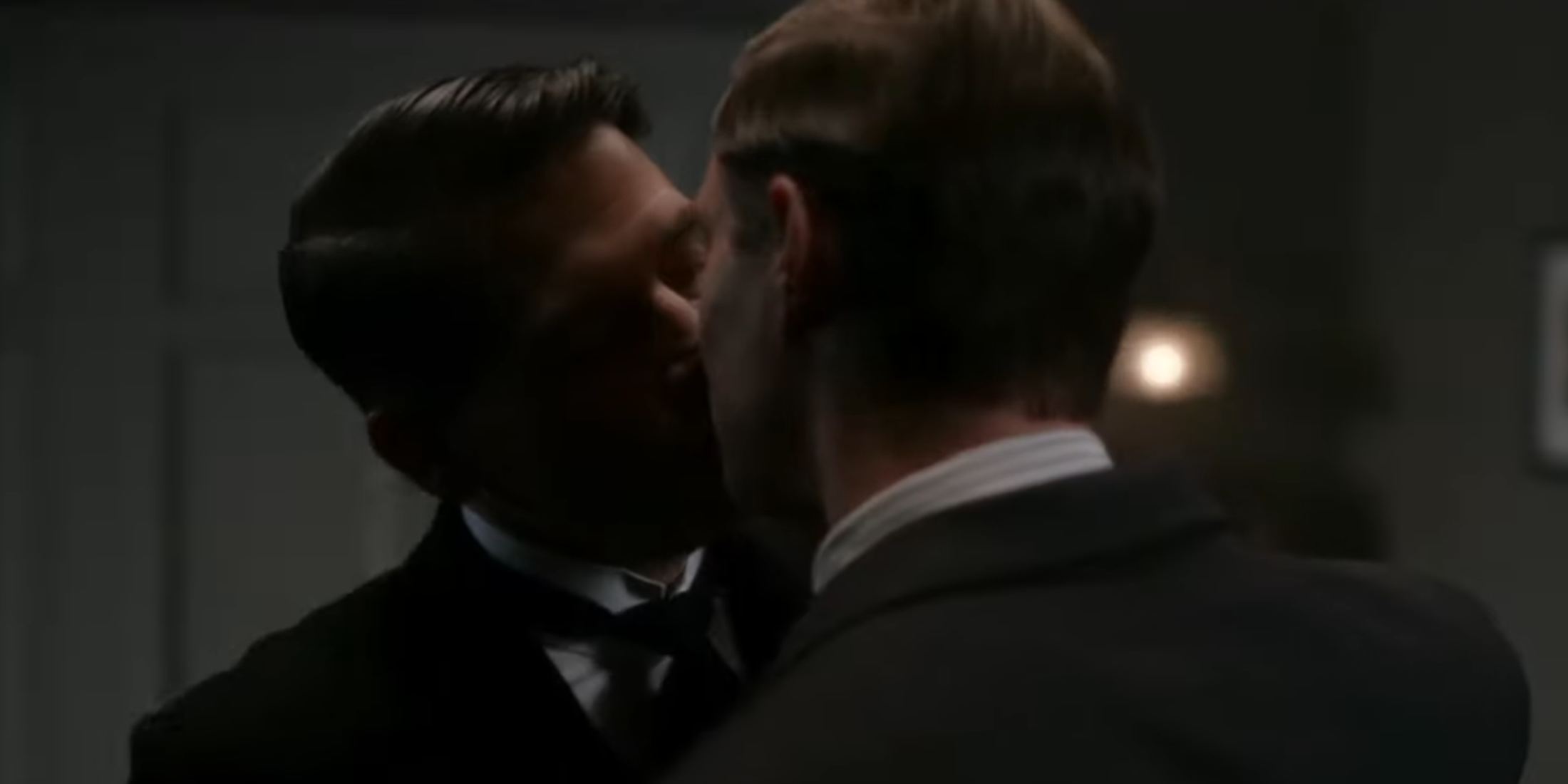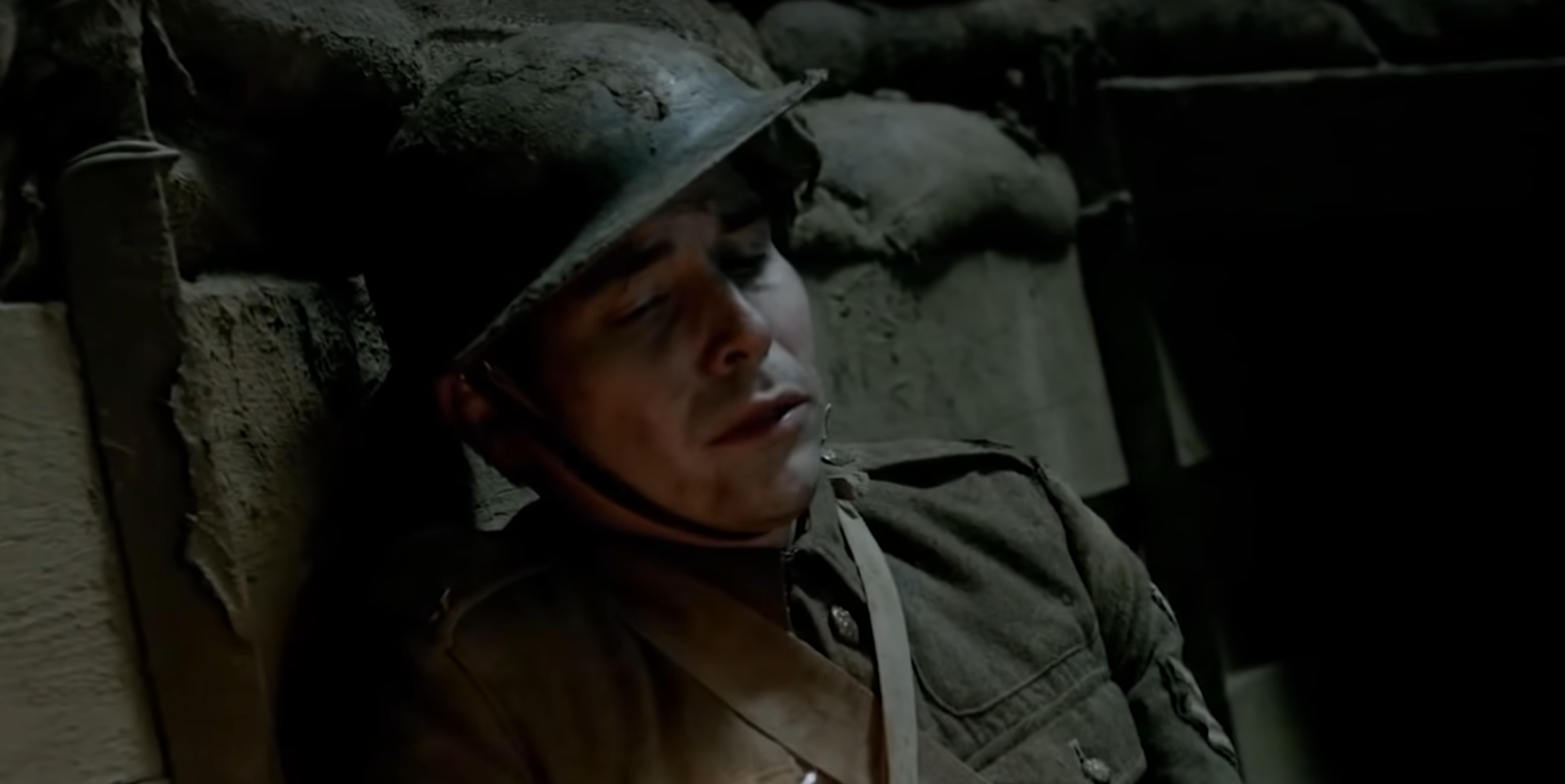One of the great examples of a marriage between incredible writing and acting is the character of Thomas Barrow on Downton Abbey. Over the course of the iconic series’ run, and into its second feature film, Barrow underwent a brilliant metamorphosis that few TV characters have nailed to such a high degree.
Played exceptionally by Rob James-Collier, the character effortlessly presented himself as just another opportunistic, working class footman, filled with too much ambition and attitude. Many fans found it easy and fun to find reasons to dislike him. They also had ample opportunity.
Barrow was shown as someone who was trying, and failing, to climb the downstairs hierarchy to a better position within the Crawley family's grand manor, Downton Abbey, and, in a small way, society. (Although his struggles do eventually pay off when he finally earns the top spot as Butler after Mr. Carson retires.)
Whether it was being passed over as the personal valet for Lord Grantham in favor of the inexperienced Mr. Bates, or Mr. Crawley’s in favor of the dour Mr. Molesley, Barrow was always the odd man out. But beneath his conniving exterior lay a far more complicated portrait of a man struggling with his own acceptance and the equally hurtful societal rejection of who he was.
Barrow's prickly exterior seemed to be more a product of defensive insecurity. He longed to feel loved and accepted, and was faced with little success at either over the course of his life. This made him place walls around his heart, and made his every attempt to win people over cumbersome, at best.
Interestingly, his clashes with other staff, even at their worst, never turned off audiences completely. There was always a level of humanity present that audiences could hold onto. It always felt like the show was leaving a path to redemption open. While he was never overtly cruel, he excelled at being an antagonist, while still giving off the impression that he would rather be liked.
His on-screen relationship with the young children at Downton Abbey was also a constant reminder of his gentle and kind-hearted nature. Children tend to accept people for who they are, without the judgmental stains of politics or social status. Barrow hinted at his own unhappy childhood and lack of affection from his clockmaker father, so his gentle bond with the children made sense.
Even when he briefly left Downton Abbey to work at another British estate, his heart was still back with the Crawley family and its staff, despite feeling rejected. They were his de-facto family and his real sense of longing made sense to viewers. But Barrow's also had an understandable desire to achieve status and acceptance somewhere. These were relatable themes audiences could hold onto.
Part of the character's depth was the way viewers could identify with Barrow’s feelings, particularly his emotional emptiness and his desire to be and feel loved. As a gay man, his feelings of isolation were only compounded in early 20th century England’s culture of bigotry, not to mention being gay was illegal at that point in time.
Whether it be injecting himself with snake oil in a desperate bid to change his orientation, being physically assaulted for his sexuality, and even thrown in jail, Barrow faced very real, painful, and dangerous moments just for being himself. This made it easy for audiences to understand and empathize with him, despite the fact that he often served as the antagonist.
The opportunity to explore life as a closeted gay man in an English period drama is almost unheard of in TV and movies. Downton Abbey's exploration gave audiences a chance to have deeper context for the character's true nature. The fact that Barrow was gay wasn't the only thing about him the show focused on. It was just something else about Thomas Barrow. His major story arcs within the grand manor and with others rarely overlapped with his sexuality – which made it so he was always about more than his sexual orientation. That preservation of depth of character never betrayed the audience's understanding of who Thomas Barrow was as a fictional person.
The show's co-creator and writer, Julian Fellowes, kept the character's integrity, while slowly allowing him to evolve over the series. It was a masterful example of maintaining that fine balance between showing the natural evolution of people, without forgetting to hold onto those aspects that makes a character enjoyable – and polarizing.




